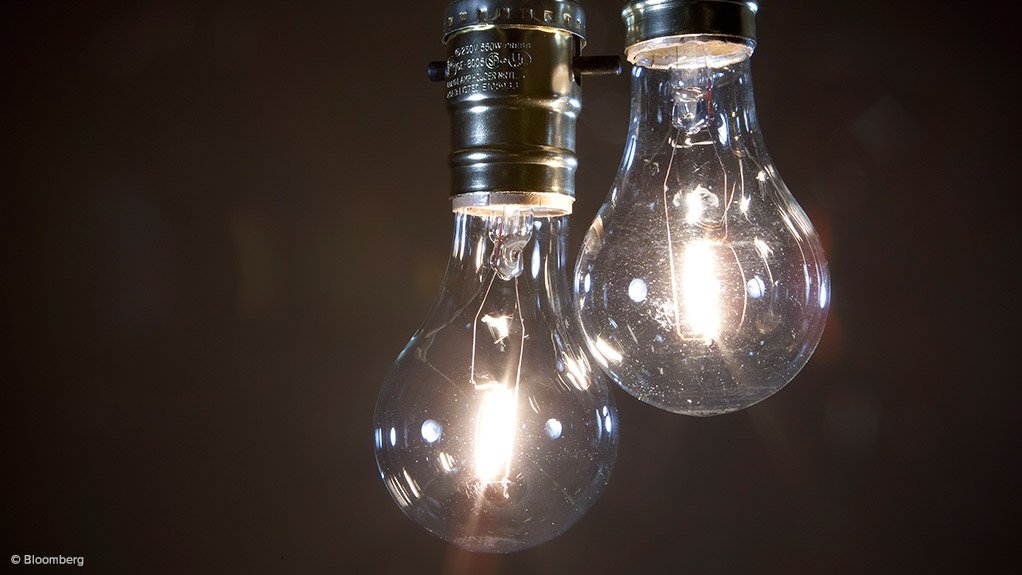A South African entrepreneur has pioneered a wind-powered generator that operates as an independent mini power station for households and small businesses.
The Psiclone wind generator, which had been rigorously tested in partnership with Fort Hare University’s Physics department, was launched at Kirstenbosch, in Cape Town, this week.
Psiclone MD Samir Buffkins said the 500 W, 1 000 W and 3 000 W generators were unique in that they were designed to generate power from the very first movement, while excess electricity could be stored in a battery pack for later use.
The result was a small, domestic or commercial wind farm that could be installed on site at homes or businesses.
“Its efficiency is unsurpassed, requiring a wind speed of only 1 m a second to generate energy that can be converted into electricity,” said Buffkins, who was an Eskom senior adviser on nuclear energy until 2008 and who spent seven years designing and prototyping the technology.
The company had been developing hardware for the past three years from its manufacturing and test laboratory in Cape Town. The generators had been tested in partnership with Fort Hare University. Physics Professor Golden Makaka said 20 Fort Hare students had been working on renewable energy, several of them on the Psiclone generators.
Psiclone’s Power Tree turns vertically and horizontally, from a small generator attached to a turban-shaped roof and a vertical cylinder that houses laser-precision blades.
The company, which received industrial financing from the Industrial Development Corporation, said the generators were now ready for large-scale commercial manufacture, supply and installation.
The company sees much potential for the generator in African countries. Psiclone executives had engaged the government of Ethiopia as a possible supplier to its sustainable energy infrastructure programme, while Nigeria and the Democratic Republic of Congo had also shown an interest in the technology.
Psiclone had also designed smaller-scale models that could be rolled out in remote rural areas or in low-cost housing applications. These would have enough power to provide electricity to a range of basic household appliances, such as a fridge, cooking stove, television and lighting.
“Small-scale generation is taking hold in South Africa. It fits in nicely in a time when we expect the National Energy Regulator of South Africa to conclude the regulations for small-scale generation.
“Psiclone is emerging into a market that is growing in leaps and bounds. It’s produced something accessible for households,” South African Independent Power Producers Association chairperson Sisa Njikelana said at the launch.
City of Cape Town head of trade and investment Lance Greyling said the market could be receptive to affordable technologies such as this.
“We want Cape Town to become the hotbed of renewable-energy technologies, but also to export these technologies into Africa. Cape Town sees embedded generation as one of the solutions.”
He added that this was despite the conundrum municipalities faced because of the potential lost revenue through energy sales.
“The silver lining of the energy crisis is that people are thinking very differently about energy. They see energy in a totally different light. From the days of being a monopoly that supplies electricity to municipalities, people are now being given the power to generate their own power.”
EMAIL THIS ARTICLE SAVE THIS ARTICLE FEEDBACK
To subscribe email subscriptions@creamermedia.co.za or click here
To advertise email advertising@creamermedia.co.za or click here











